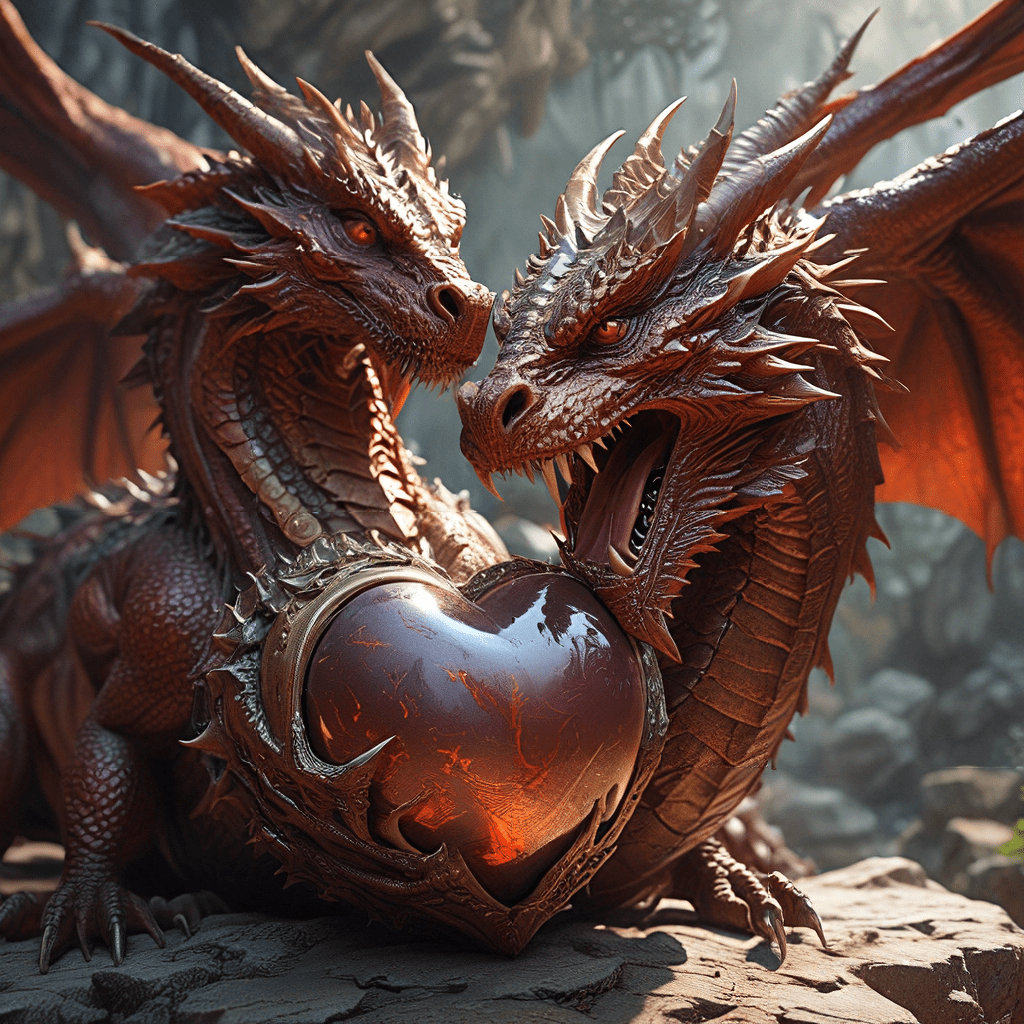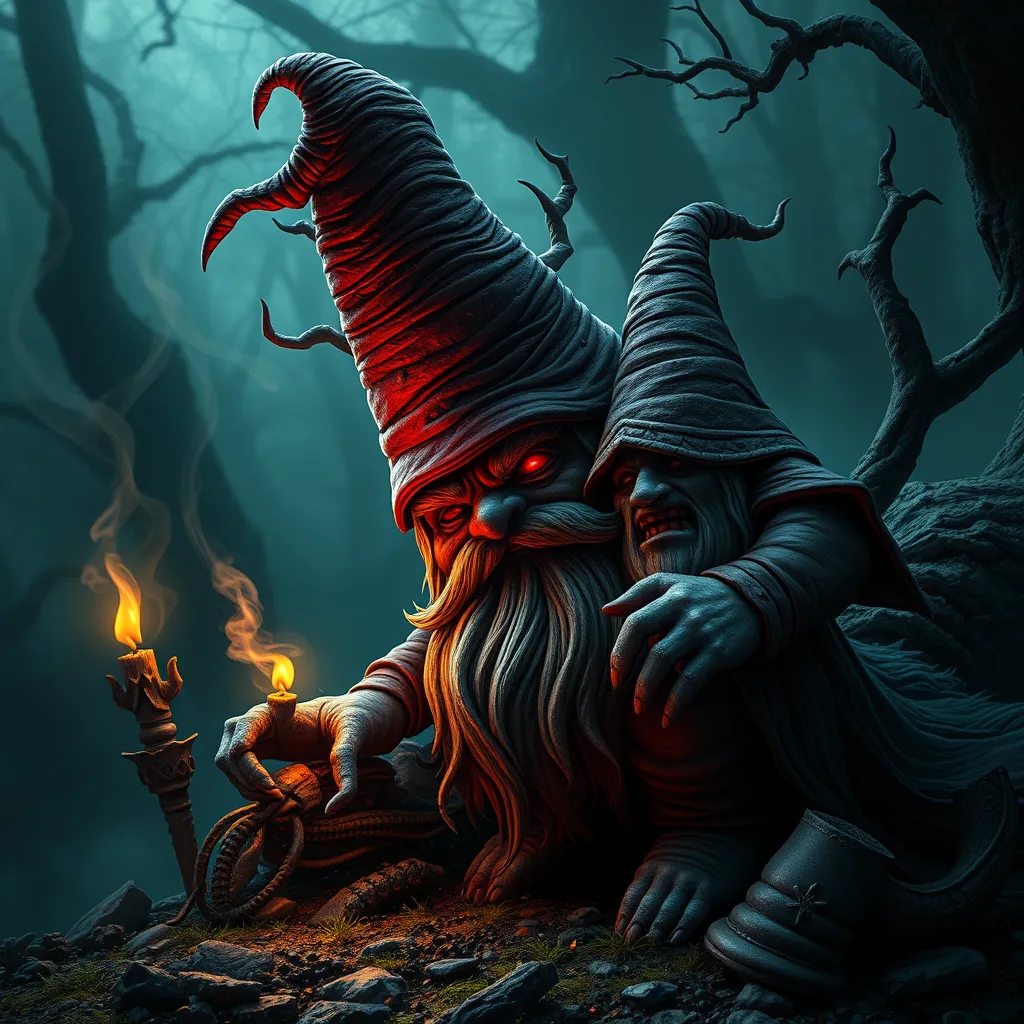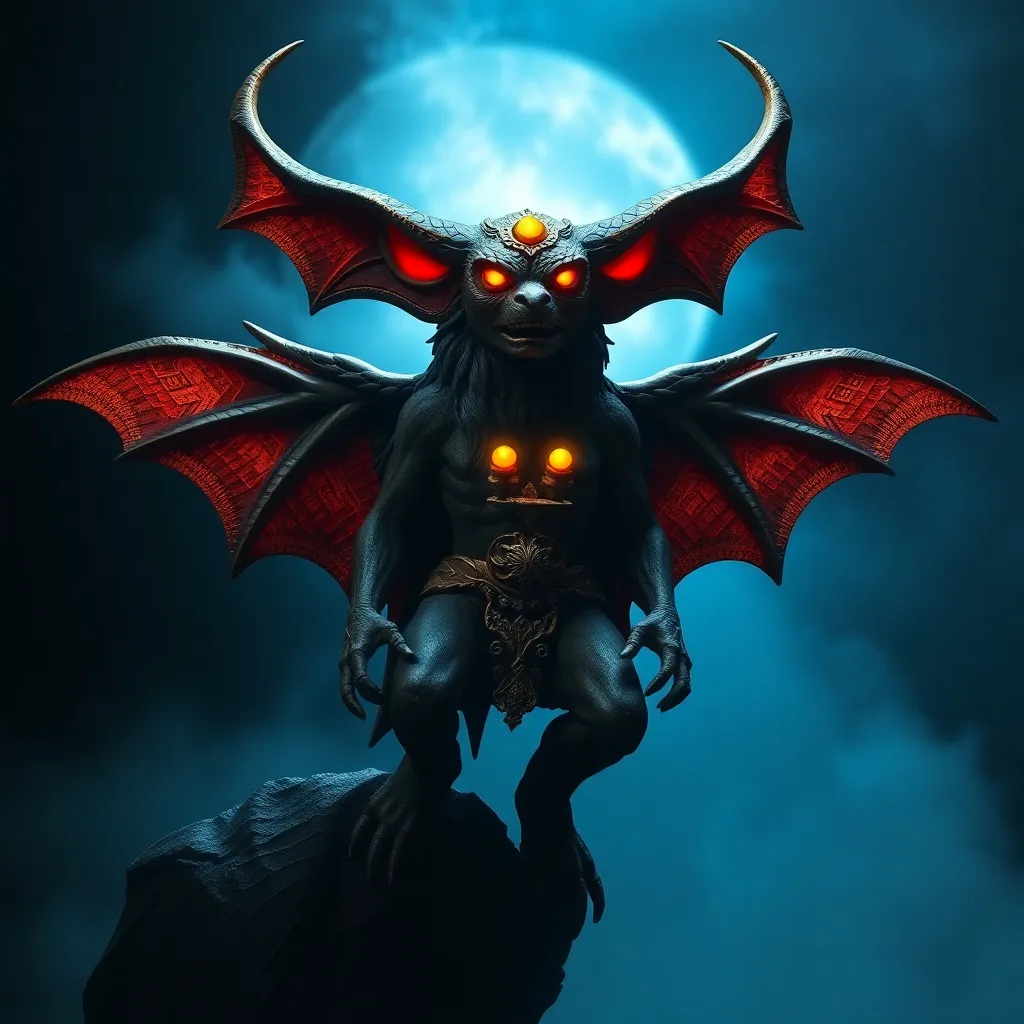The Dragon’s Heart: A Deep Dive Into Mythology
Dragons, majestic creatures of myth and legend, have captivated the human imagination for centuries. Their presence in folklore spans the globe, weaving tales of fire-breathing beasts, hoarders of treasure, and guardians of ancient wisdom. These mythical beings have taken on diverse forms and roles in different cultures, embodying a range of powerful symbols and archetypes.
The dragon, a creature of both fear and fascination, serves as a potent symbol within human mythology. Across cultures, dragons have been depicted as both destructive forces and benevolent protectors, their presence leaving an indelible mark on our collective unconscious.
Their serpentine bodies, often adorned with scales, wings, and horns, convey an aura of primal power and ancient wisdom. They inhabit realms untouched by ordinary mortals, embodying the mysteries of the unknown and the untamed forces of nature. As such, dragons have become intertwined with themes of power, transformation, and the cyclical nature of life.
Exploring the dragon’s place in myth and legend allows us to delve into the depths of human emotions, fears, and aspirations. By understanding the dragon’s symbolism, we gain insight into the human psyche, our relationship with the natural world, and our enduring fascination with the unknown.
The Dragon’s Heart: A Symbol of Power, Destruction, and Mystery
The dragon’s heart is often associated with its immense power, a force both awe-inspiring and terrifying. In many cultures, dragons are seen as guardians of treasure, their hoards representing not only material wealth but also the vast potential that lies hidden within ourselves. The dragon’s fire, a symbol of destruction and rebirth, represents the transformation and change that is inevitable in life.
The dragon’s ability to fly and navigate the heavens suggests a connection to the divine and the celestial realms. It embodies the power of the elements, drawing on the strength of earth, fire, water, and air. Dragons are often depicted as wise and ancient beings, possessing knowledge beyond human comprehension. Their wisdom, however, is not always easily accessible, as they are often portrayed as enigmatic and unpredictable.
The dragon’s connection to the realm of mystery and the unknown is often highlighted in stories of dragons guarding mythical gateways or guarding secrets that are too dangerous for humans to know. The dragon’s presence often evokes a sense of wonder and awe, prompting us to question the boundaries of our reality and to explore the depths of our own potential.
The Dragon’s Heart: A Mirror to Human Emotions
The dragon’s heart serves as a powerful mirror to human emotions, reflecting our primal fears, desires, and aspirations. The dragon’s fire, for example, represents the anger and passion that can both consume and inspire us. Its immense strength symbolizes the physical and emotional power that we strive to harness within ourselves.
The dragon’s protective nature highlights our desire for security and safety, while its capacity for destruction embodies our fears of chaos and the unknown. The dragon’s ability to transform and evolve mirrors our own journeys of personal growth and self-discovery.
Through its diverse representations, the dragon’s heart provides a rich tapestry of emotions, prompting us to confront our deepest fears and desires. It serves as a reminder that within each of us lies the potential for both immense power and destruction, the light and the darkness, the untamed wildness and the nurturing wisdom.
Fear and Awe: The Human Response to Dragon Mythology
The dragon’s presence in mythology evokes a range of powerful emotions within humans. The awe-inspiring size and power of dragons, coupled with their fire-breathing abilities, create a sense of fear and respect. We are reminded of our own vulnerability in the face of powerful, untamed forces. This primal fear is often magnified by the dragon’s association with the unknown and the mystical. Their ability to fly, their connection to the heavens, and their potential to guard ancient secrets and knowledge inspire both fascination and trepidation.
However, beyond the fear, dragons often evoke a sense of awe and wonder. Their beauty, their strength, and their connection to the natural world evoke a sense of reverence and respect. This duality of fear and awe is a testament to the complexity of the human experience, our ability to be simultaneously drawn to and repelled by the same force.
The Dragon’s Heart: A Metaphor for the Wildness Within
The dragon’s heart symbolizes the wildness that resides within each of us. This wildness represents our untamed instincts, our primal urges, and our capacity for both creativity and destruction. The dragon’s untamed nature reminds us that we are not merely rational beings but also creatures of passion, instinct, and intuition.
The dragon’s heart is a metaphor for the part of ourselves that we often try to suppress or control, the part that craves freedom and longs to break free from the constraints of society and convention. It is the voice of our inner rebel, the force that drives us to challenge the status quo and to explore the unknown.
The dragon’s heart is a call to embrace our wildness, to acknowledge the powerful forces within us, and to use these forces for good. It is a reminder that we are not simply products of our environment but also inheritors of a primal legacy that connects us to the ancient forces of nature.
The Dragon’s Heart: A Symbol of Transformation and Rebirth
The dragon’s heart is a potent symbol of transformation and rebirth. This powerful creature sheds its skin, emerging anew, stronger and wiser. This cyclical process reflects the natural world, where death and decay pave the way for new life. Just as the phoenix rises from the ashes, the dragon undergoes a metamorphosis, signifying a renewal of energy and a shift in perspective.
The dragon’s ability to change form represents the potential for personal growth and evolution. In mythology, dragons often embody the hero’s journey, a journey of trials, tribulations, and ultimately, a transformation into a wiser and more powerful being.
This cycle of transformation is deeply embedded in human consciousness. We, too, undergo periods of growth and change, shedding old habits and beliefs to embrace new perspectives and possibilities. The dragon’s heart reminds us that change is inevitable, and that through embracing transformation, we can emerge stronger and more resilient.
The Dragon’s Heart: A Representation of the Unconscious Mind
The dragon’s heart can also be seen as a representation of the unconscious mind, the realm of our deepest fears, desires, and primal instincts. This hidden part of ourselves is often shrouded in mystery, a place where the raw energy of our subconscious thoughts and emotions reside. Like the dragon’s lair, the unconscious mind is both powerful and enigmatic, a place where our deepest truths and most potent desires lie hidden.
The dragon’s fiery breath symbolizes the power of our emotions, which can be both destructive and transformative. The dragon’s scales, often depicted as shimmering and iridescent, reflect the multifaceted nature of our unconscious, where light and dark, order and chaos, exist in constant tension.
The dragon’s heart is a reminder that the unconscious mind is not something to be feared, but rather a source of creativity and inspiration. By exploring the depths of our own psyches, we can gain insight into our deepest motivations and unlock our true potential.
The Dragon’s Heart: Exploring the Dragon’s Role in Different Cultures
Dragons have been a part of human storytelling for millennia, their presence felt in cultures across the globe. Each culture has its own unique interpretation of the dragon, shaping its symbolism and its role in mythology. In Western culture, dragons are often seen as fearsome beasts, protectors of treasure and guardians of ancient secrets. They are associated with power, strength, and the wildness of untamed nature.
In Eastern cultures, dragons are often depicted as benevolent beings, associated with wisdom, prosperity, and good fortune. In China, for example, the dragon is considered a symbol of imperial power and a guardian of the people. In Japan, dragons are associated with water and are often depicted as guardians of temples and sacred sites.
The dragon’s role in different cultures reflects the diverse values and beliefs of these societies. Exploring these variations in dragon mythology provides a rich tapestry of human experience, revealing our complex relationship with the natural world and the enduring power of storytelling.
The Dragon’s Heart: Understanding the Evolution of Dragon Symbolism
The dragon’s symbolism has evolved over time, reflecting changing societal values and beliefs. In ancient cultures, dragons were often seen as embodiments of the natural world, representing the power and unpredictability of the elements. As human societies developed and civilizations rose and fell, the dragon’s symbolism became more complex, reflecting the changing nature of human power and the evolving understanding of the universe.
The dragon’s association with fire, for example, can be seen as representing the progression from the raw power of nature to the mastery of technology and the development of weaponry. The dragon’s association with treasure, on the other hand, reflects the human desire for wealth and status, a desire that has driven civilizations from the dawn of time.
By tracing the evolution of dragon symbolism, we gain insight into the changing nature of human consciousness. The dragon’s heart is a mirror to our own evolution, reflecting the fears and aspirations that have shaped our history and continue to influence our present.
The Dragon’s Heart: An Exploration of the Human Psyche Through Myth
The dragon’s heart, as reflected in mythology, offers a profound exploration of the human psyche. It is a symbol of our deepest fears and desires, our capacity for both creativity and destruction, our connection to the natural world, and our journey of transformation. The dragon’s presence in myth and legend invites us to confront our own inner wildness, to embrace our capacity for change, and to explore the depths of our unconscious mind.
Dragons are not simply creatures of fantasy, but rather powerful metaphors that reflect the complex and often contradictory nature of the human experience. By delving into the heart of dragon mythology, we gain insight into ourselves, our place in the world, and our enduring fascination with the mysteries of life.
FAQ
**What are some of the most famous dragons in mythology?**
* **The dragon Smaug from J.R.R. Tolkien’s *The Hobbit*** is a fearsome, fire-breathing dragon who hoards treasure in the Lonely Mountain.
* **The dragon Fafnir from Norse mythology** is a covetous creature who transforms into a dragon after acquiring a treasure.
* **The Chinese dragon** is a benevolent symbol of power and prosperity, often associated with water and the emperor.
**What does it mean when someone is called a “dragon slayer”?**
A “dragon slayer” is a hero who defeats a fearsome dragon, often overcoming great odds and demonstrating courage and bravery. They represent the triumph of good over evil, and the ability to conquer our inner fears.
**What are some other animals that are often associated with dragons?**
Dragons are often associated with snakes, birds, and even fish, reflecting their serpentine bodies, their ability to fly, and their connection to water. These connections symbolize the dragon’s connection to the elements and the natural world.
**Why are dragons so popular in fantasy literature and film?**
Dragons are popular in fantasy because they represent a powerful and mysterious force, often embodying the unknown and untamed aspects of our world. They are creatures of imagination, allowing writers and filmmakers to create worlds of wonder and excitement.
**Can dragons be seen as symbols of hope?**
While dragons are often associated with fear and destruction, they can also be seen as symbols of hope. Their ability to transform and their connection to rebirth can represent the potential for renewal and the ability to overcome adversity.




